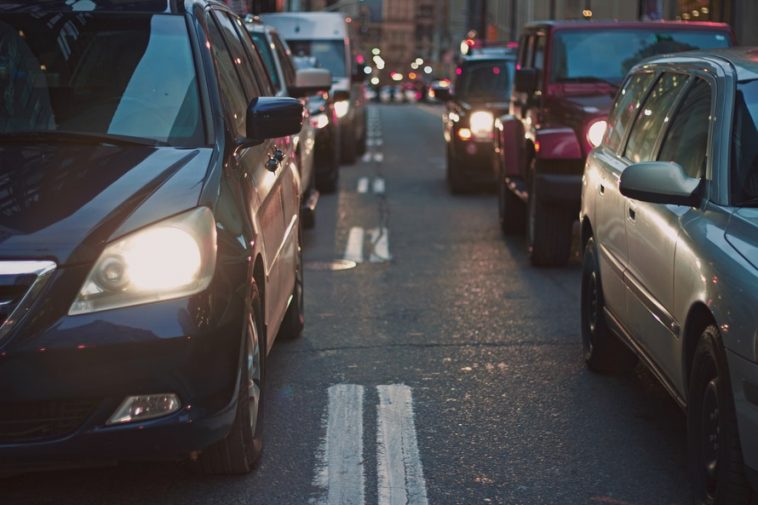Over the past years, technology of driverless cars has gripped the attention of the entire world. Today’s car manufacturers are in the race to perfect the technology of automated vehicles. The driverless cars are expected to soon become a regular feature of our roads.
This is the reason that Lyft’s President John Zimmer has recently published a fourteen page paper about the future impacts of driverless cars in our society. He believes that the automated cars will soon take the practical form. According to his estimates, most of the Lyft rides will be taken in driverless cars by the year 2021 and the private ownership of the car will become outdated by 2025.
Many automakers aim to roll out their driverless vehicles in the near future and this will have a huge impact on our lives. The key elements that will be completely changed by these autonomous vehicles are as follows
Safety for everyone:
Every year a lot of people die in traffic-related deaths. This is because as human beings we are very much prone to making mistakes, being inconsistent, impulsive and have a short attention span. Driverless cars can drastically reduce the number of accidents and help save many lives. These autonomous vehicles have the potential to actually make the roads much safer. Being automated they are designed to collect thousands of points of data with perfect consistency before taking a decision. These vehicles are considered to make driving safer on all fronts.
Private ownership of cars:
Today if we see on the road, there is an ocean of cars in the form of waves breaking on the shores of the industrialized world. Zimmer illustrated in his paper that Americans spend $2 trillion every year on car ownership. It is much more than they spend on food. The 250 million cars in America are just 4% occupied of the time which means that out of 250 million cars, 240 million remain parked all the time. It just seems like a fleet of parking machines with no use.
This huge fleet can be reduced into much smaller supply of cars with the help of driverless vehicles. This will be very much cost effective for people who need to take occasional trips. It will also have a good impact on environment as fewer cars will help reduce carbon emissions.
Driverless cars have the potential to be efficient in terms of better traffic flow as well as less fuel consumption. These machines will alleviate the overall traffic by reducing the number of cars on the roads. Because of the evolution of automated cars, personal vehicle ownership is expected to reduce.
Where we’re at:
Automated cars have come a long way; car manufacturers are already making vehicles that can do amazing things. This is what Zimmer’s paper is all about; he wants us to clearly see the self-driving revolution coming. For instance, Tesla is now selling vehicles that have the potential to automatically switch lanes; Uber is testing out its cars in Pittsburgh under the human supervision.
According to Zimmer, autonomous cars will go main stream in no time. The commuters worldwide will be able to save their hours and money because of these automated vehicles. They can rightfully use this time and money to design their cities and infrastructure for the better.





